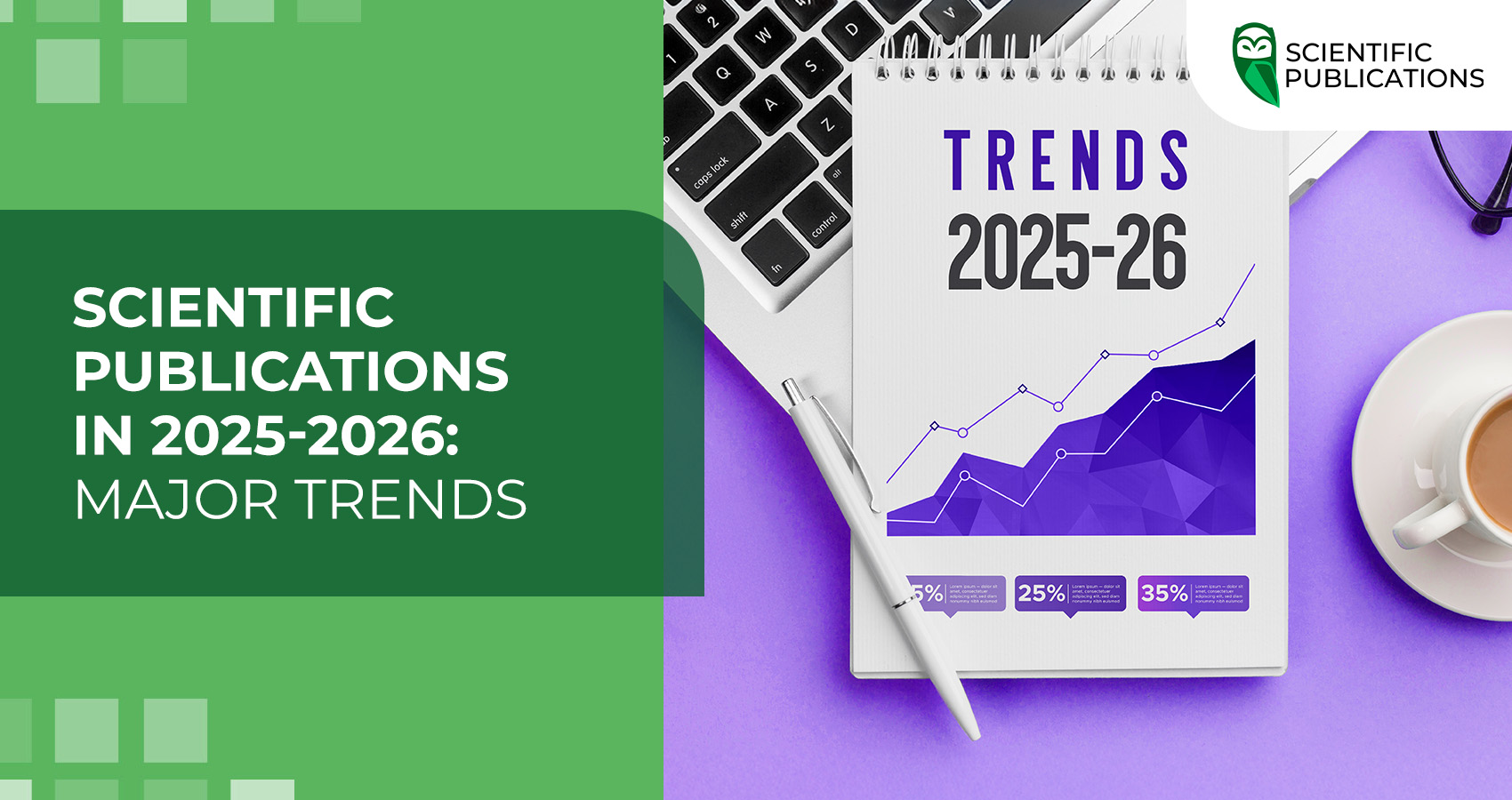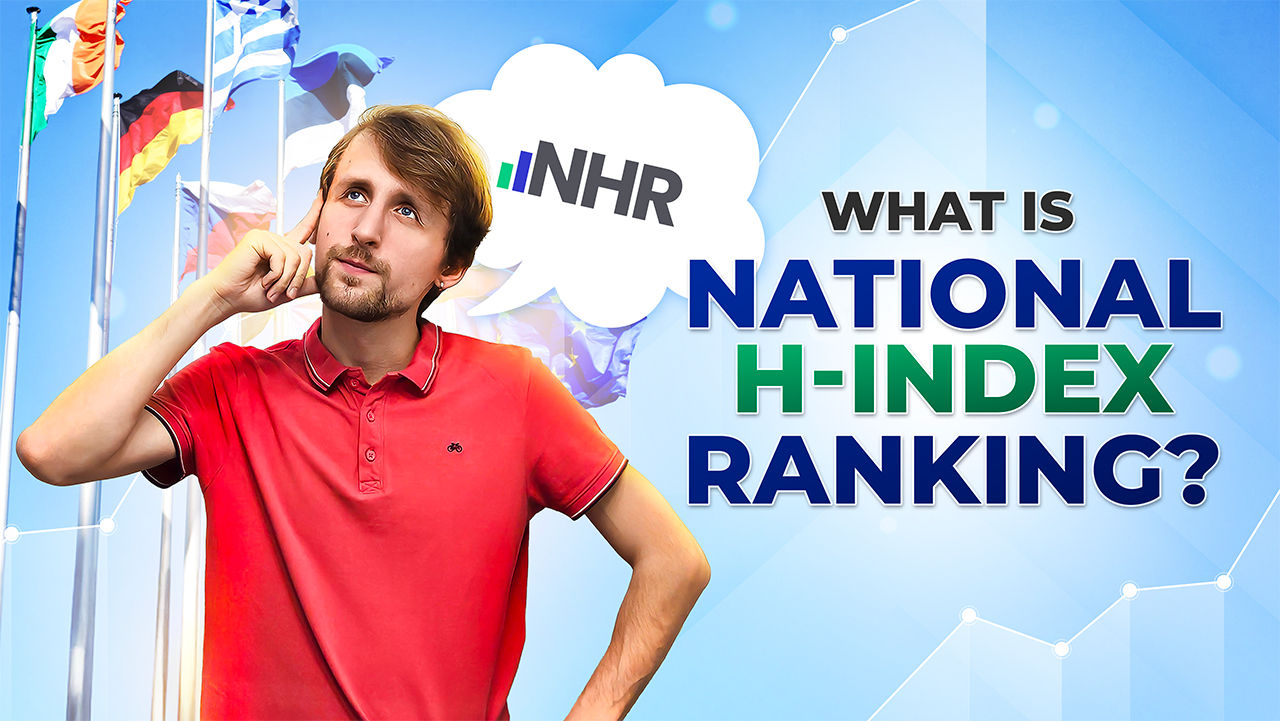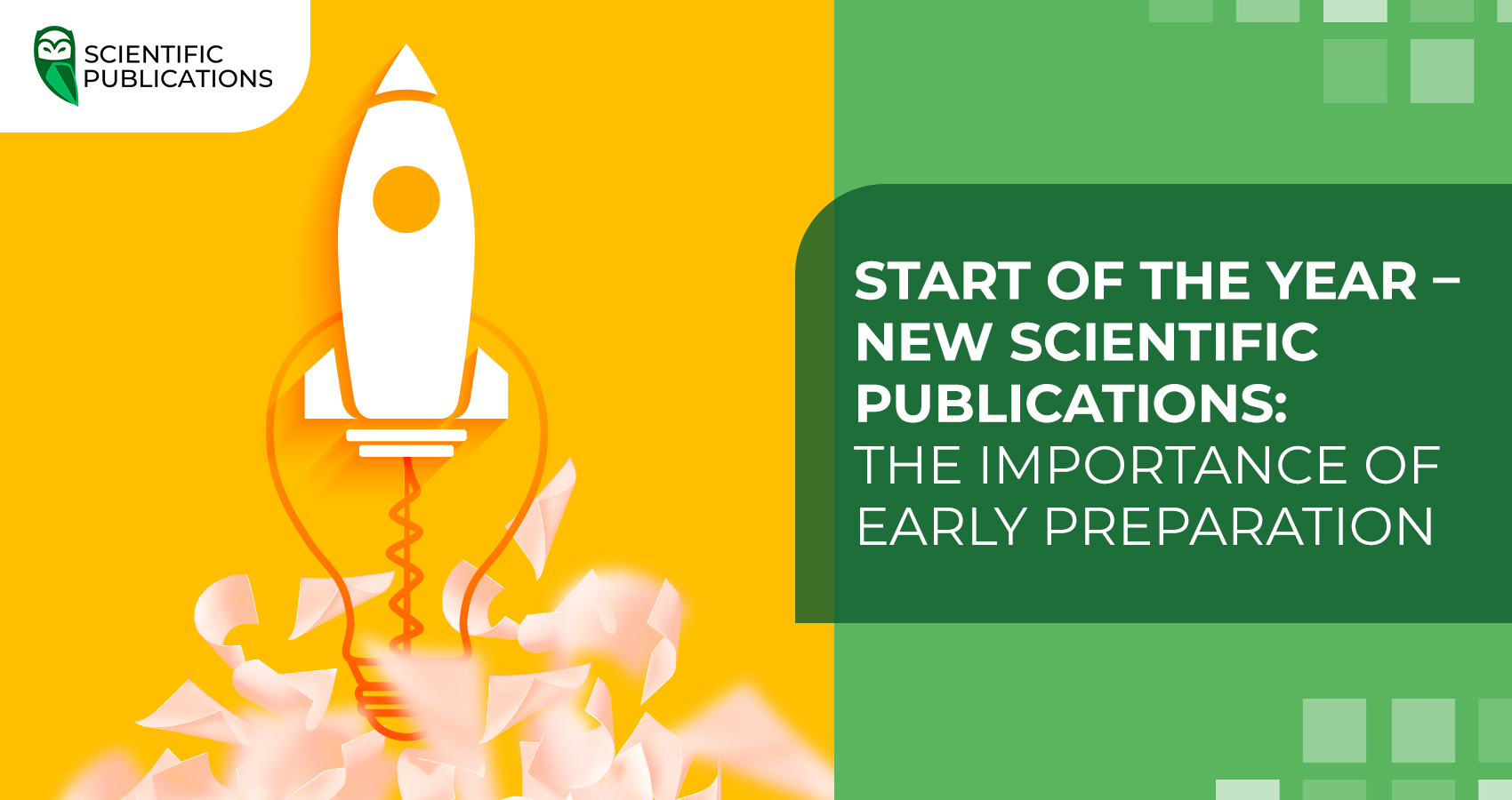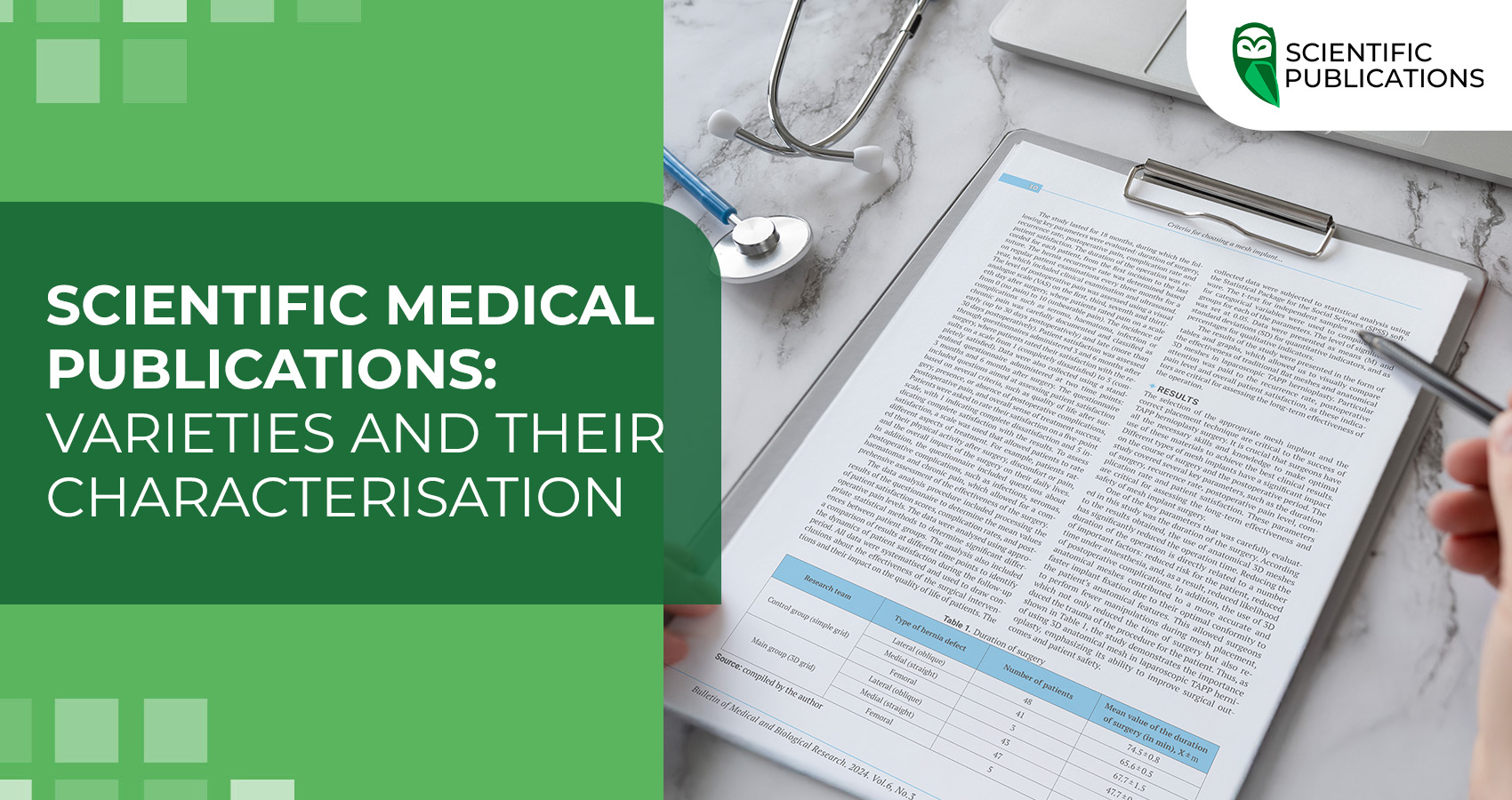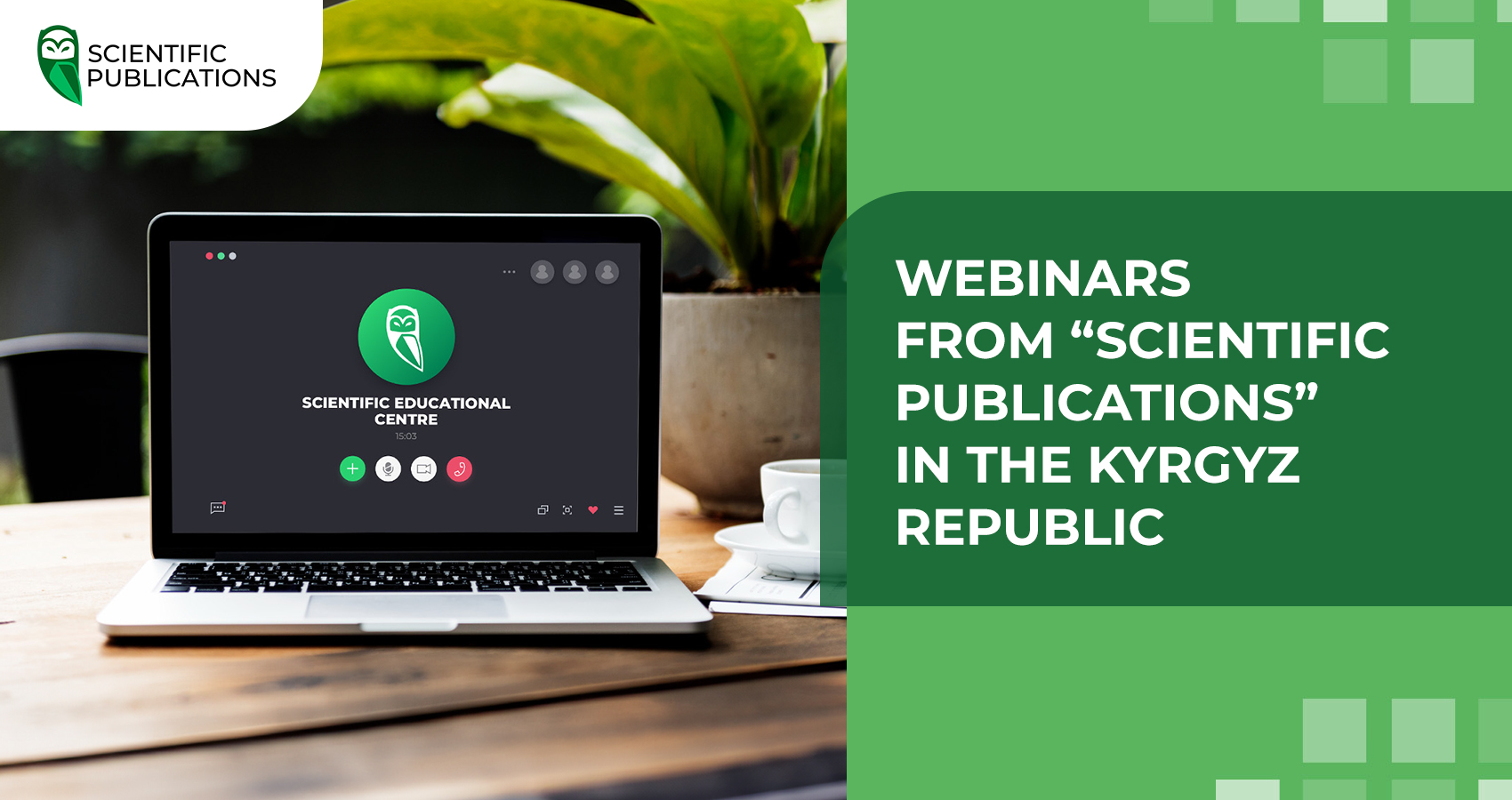Almost every researcher faces certain difficulties when choosing a research area and a topic for a scientific article. What research topics will be most popular in 2025-2026?
Order a publication
Contact the manager
Submit application
X

We have a gift for you!
Free citation of your research or a discount on publication services — the choice is yours!

Denys Hlushko
Director of the company
"Scientific Publications Kyrgyzstan"


